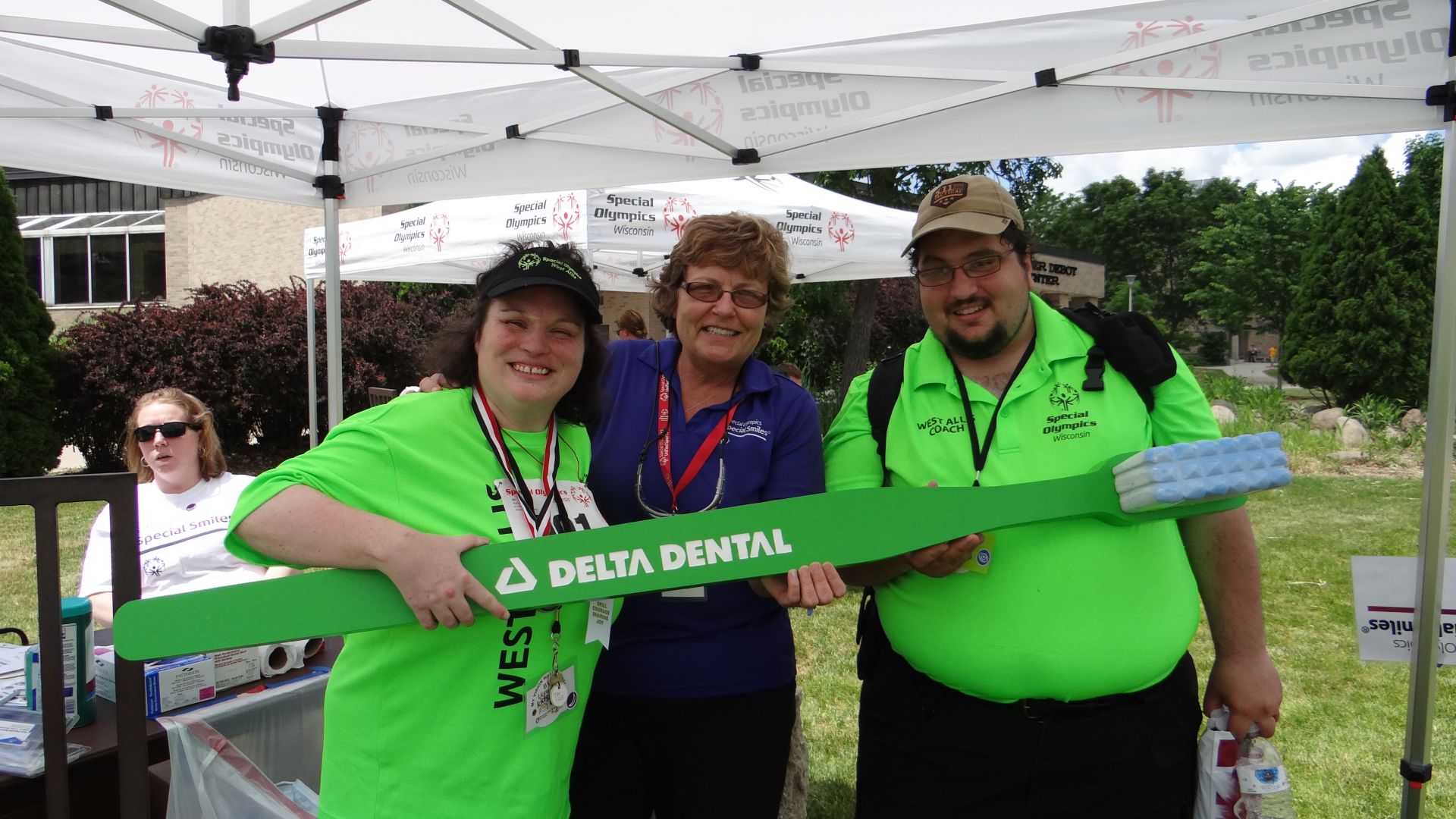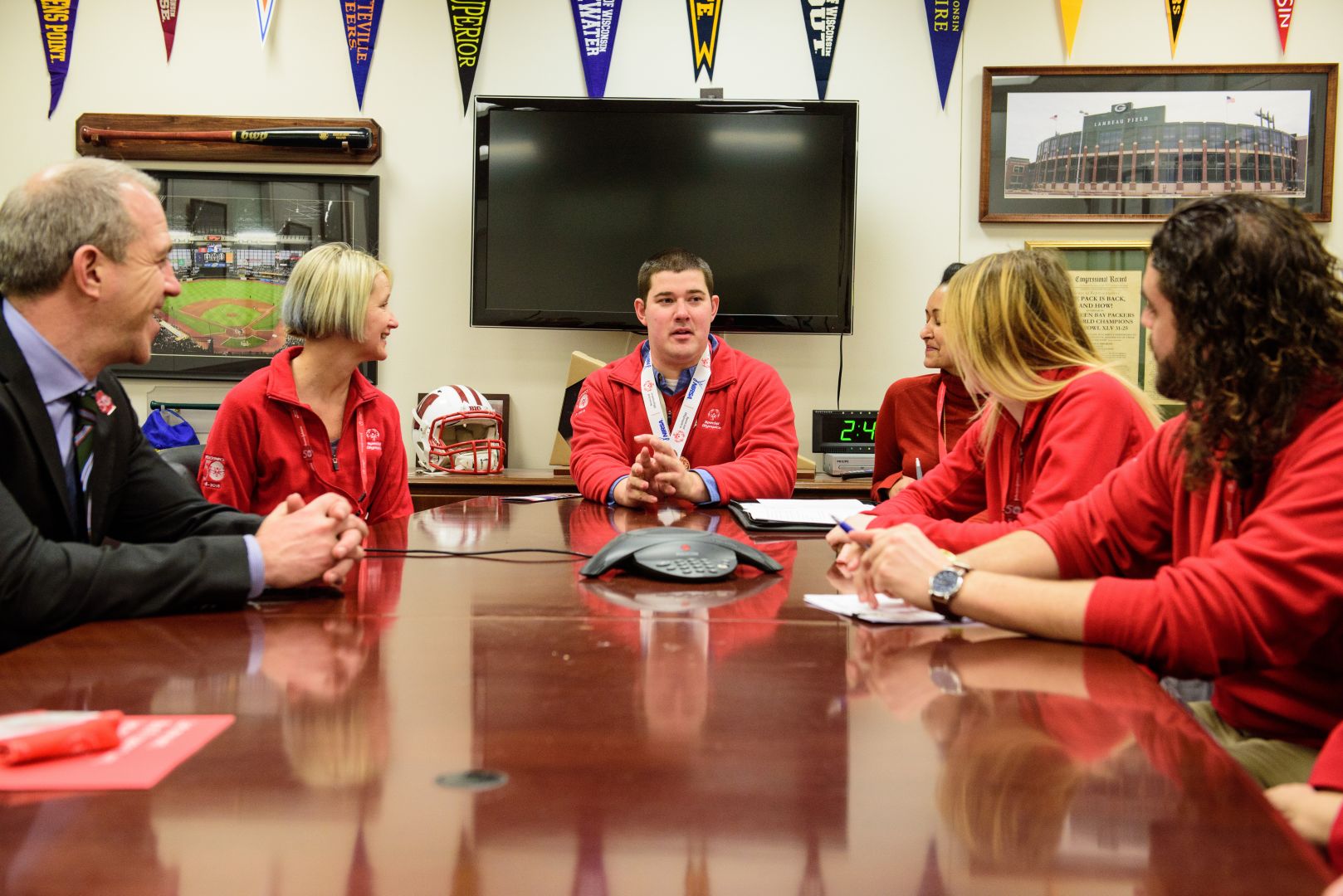
It’s hard to know if Eunice Kennedy Shriver truly understood the magnitude of what she was beginning when she kicked off the first Special Olympics International Summer Games at Soldier Field on July 20, 1968.
When she concluded her opening ceremony speech with, “Let us begin the Olympics,” she may have been speaking solely of those athletic events that would be taking place over the course of the day. Or perhaps her words held deeper meaning and she grasped the revolution she was launching on that fateful Chicago summer day.
Sometimes it’s hard to notice a revolution amidst the early makings. But Kennedy Shriver was a visionary when it came to inclusion and the treatment of individuals with intellectual disabilities (ID), so we would be wise not to underestimate her foreknowledge of what was being built that day.
From about 1,000 athletes from the United States and Canada competing in Soldier Field in 1968, the Inclusion Revolution of Special Olympics has grown over the last 50 years to now include 5.6 million athletes and Unified partners in 172 countries. Similar to the Olympics that just wrapped up in PyeongChang, Special Olympics holds world games every two years. Last year, 2,700 athletes from around the world competed in the 2017 World Winter Games in Austria. A year from now, approximately 7,000 athletes from around the world will compete in Abu Dhabi for the 2019 World Summer Games.
Sporting events like the World Games are the most visible vehicles for acceptance and inclusion of people with ID, but they are just a small part of what Special Olympics does. Special Olympics sports programming happens year round at the international, national, state and local levels across the globe. In Wisconsin alone we hold more than 700 competitions in 18 Olympic-types sports for our 10,000 athletes every year. Globally there were more than 108,000 Special Olympics events in 2016.
There are countless benefits for all who participate in Special Olympics – dignity, pride, joy, justice, fitness, empowerment, friendship, acceptance and community – to name a few. And the joy of sport inspires people to accept, include and value those with ID in all aspects of life, and thereby unite people in a shared belief of a more just and welcoming world.
Special Olympics has also been a pioneering organization in addressing health issues among individuals with ID, a population that had long been neglected in matters of health and wellness. Through Healthy Athletes programming, nearly 2 million screenings have happened worldwide, and all at no cost to the athletes.

SOWI athletes and a volunteer at a Special Smiles screening during Summer Games
Special Olympics has also helped athletes become leaders in their community. Athletes in Special Olympics train to become mentors, coaches and even public speakers. They are more likely to be employed or pursue higher education opportunities than individuals with ID who have never participated in Special Olympics.
But perhaps no aspect of the Special Olympics movement speaks more to its mission than Unified Sports. Through Unified Sports programming, athletes compete together with Unified partners who do not have ID. This particular initiative wasn’t developed until 1989 and the first Unified competition at a World Games didn’t occur until 1995, but it has quickly become a foundational component of what Special Olympics hopes to achieve in the world. Nothing says Inclusion Revolution like Unified Sports.

SOWI athlete Alex Venne making his case to legislators in Washington, DC during the 2018 Capitol Hill Day
The first 50 years of Special Olympics have been a remarkable testament to Eunice Kennedy Shriver’s vision. Special Olympics has helped make for a more accepting world for individuals with ID. But Special Olympics recognizes that there is still a great deal of work to be done.
Here in Wisconsin we serve 1 in 14 individuals with ID and there are still many barriers to health and independence for people with ID. And despite the gains we’ve made as a society in acceptance, there is still far too much social isolation and bullying associated with people with ID. The R word [retard(ed)] is sadly still used casually and without awareness of its harm. These lingering challenges speak to the importance and necessity of Kennedy Shriver’s movement.
In July 2018, to commemorate the work that has been done in the last 50 years, as well as the work that remains to be done in the next 50 years, Special Olympics will descend once again on Chicago and Soldier Field. Soldier Field will host a massive festival of inclusion on July 21, a day that will be recognized as a Global Day of Inclusion. The festivities will also include the inaugural Special Olympics Unified Cup, a four-day tournament of Unified soccer teams from around the world.
In addition, the entire city of Chicago will light up with a “Flame of Hope” to symbolize a Unified world of inclusion and acceptance. Law enforcement officers from across the land will embark on a 50th Anniversary Law Enforcement Torch Run® (LETR) Commemorative Run. The LETR for Special Olympics has been an integral supporter of the movement for decades and Special Olympics wouldn’t have achieved nearly the amount it has without their unwavering dedication and commitment.
“Let us begin the Olympics,” Kennedy Shriver said 50 years ago as she kick-started the Inclusion Revolution.
“Let us begin the next 50 years of Special Olympics,” we say now.


